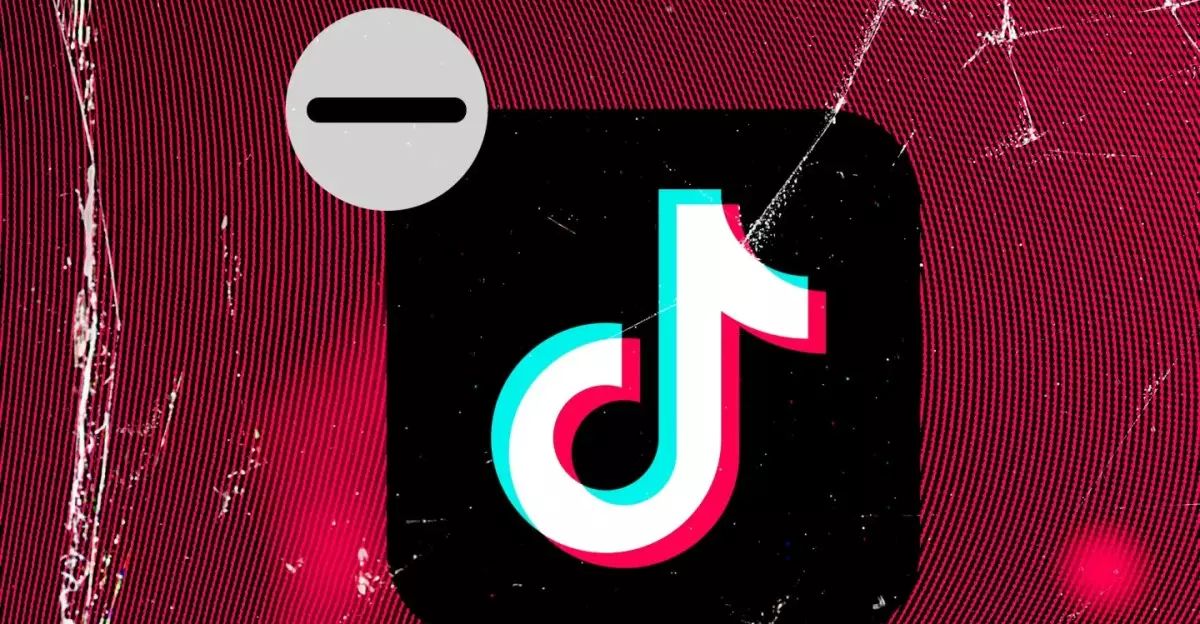The tumultuous saga of TikTok in the U.S. reached a pivotal moment when Apple and Google removed the popular social media app from their respective app stores. This action came as a response to increasing concerns about data privacy and national security linked to the app’s Chinese parent company, ByteDance. In tandem with these apprehensions, legislation was enacted that directly impacted the app’s availability, which left many users stranded and displeased. The decision to ban the app generated extensive debate about the balance between consumer choice, business interests, and broader geopolitical concerns.
After nearly a month without access, TikTok has made a notable comeback to both Apple’s App Store and Google Play Store. This reinstatement followed a letter from U.S. Attorney General Pam Bondi reassuring the companies they would not face penalties for offering the app. This critical communication seems to have assuaged the companies’ fears of massive fines, which had been the backbone of their initial decision to remove TikTok from digital shelves. The original ban, which aligned with former President Donald Trump’s directive, highlighted the fraught relationship between technology firms and government interests, especially when national security is at stake.
The intricate interplay between technology and politics presents both challenges and opportunities for major companies like Apple and Google. While the return of TikTok signals a compromise between regulatory concerns and public demand, it raises questions about the economic power these tech giants wield. The reinstatement could lead to a resurgence in user engagement on TikTok, reinstating a vibrant ecosystem that many content creators and marketers depend on. This development illustrates the ways in which consumer behavior can shape corporate decisions, reintroducing TikTok as a significant player in the social media landscape.
Moreover, Vice President JD Vance’s reported involvement in overseeing negotiations regarding the potential sale of TikTok further underscores the ongoing scrutiny of the app’s operations. The government is still heavily invested in determining whether foreign ownership of such a widely used platform poses a continuous threat to national interests.
As TikTok returns to the app stores, public reception may vary. Advocates for digital privacy may still harbor skepticism about the app’s long-term implications, while users eager to continue creating and sharing content are likely to embrace its return. This divided sentiment highlights the broader dilemma faced by technology companies: how to navigate regulatory landscapes while fostering innovation and ensuring user loyalty.
Ultimately, the return of TikTok serves not only as a crucial chapter in the app’s narrative but also illuminates the intricate relations between technology, policy, and public interest in today’s digital society. As discussions about data privacy and ownership continue to evolve, so too will the tactics employed by companies like Apple and Google in their dealings with government entities. The enduring popularity of TikTok suggests that while challenges lie ahead, the demand for such platforms remains resolute.

